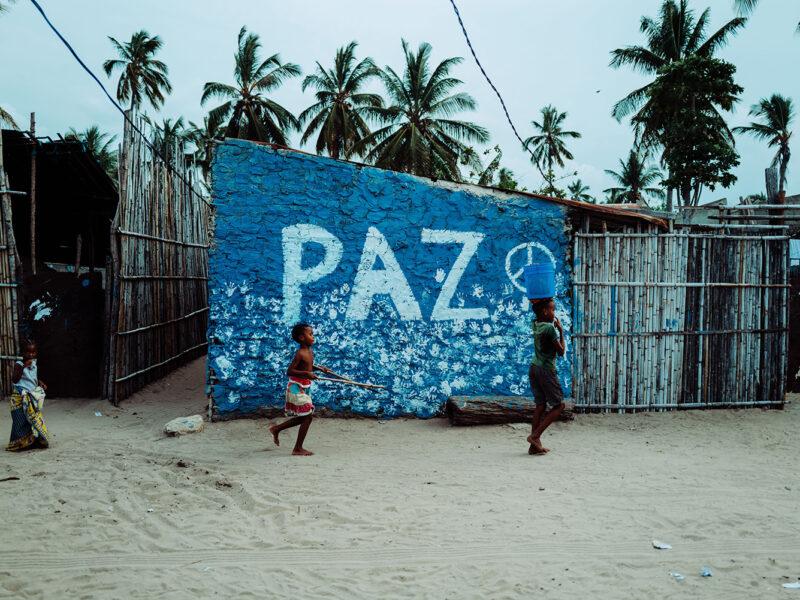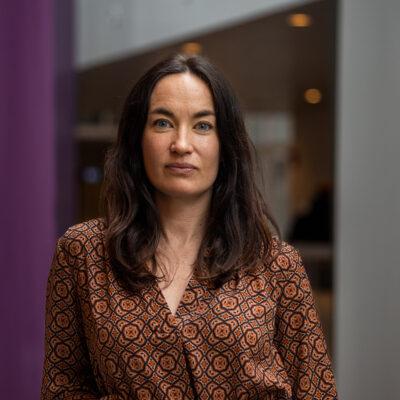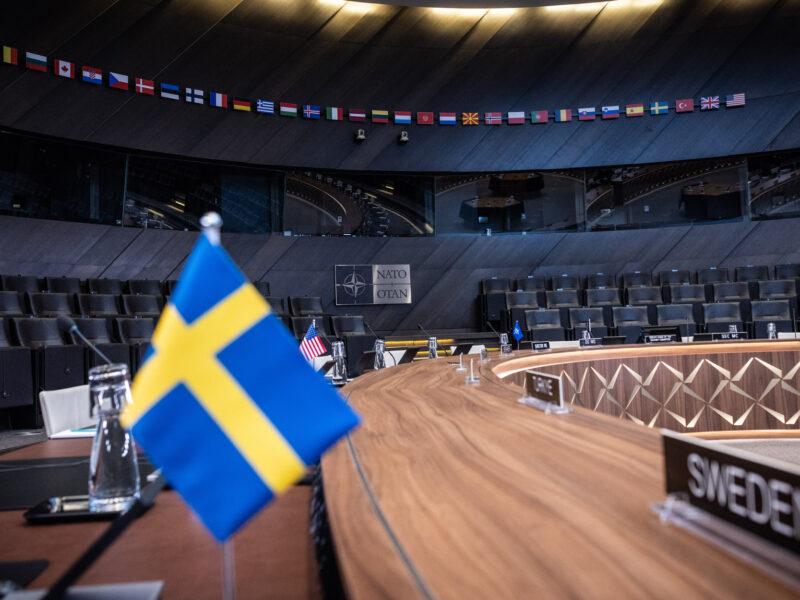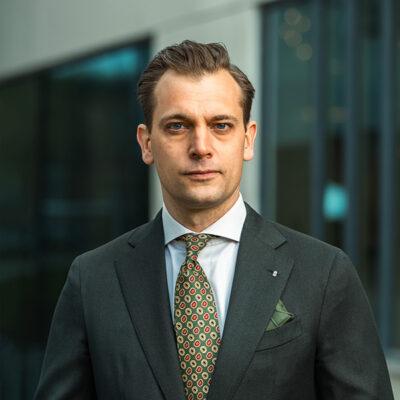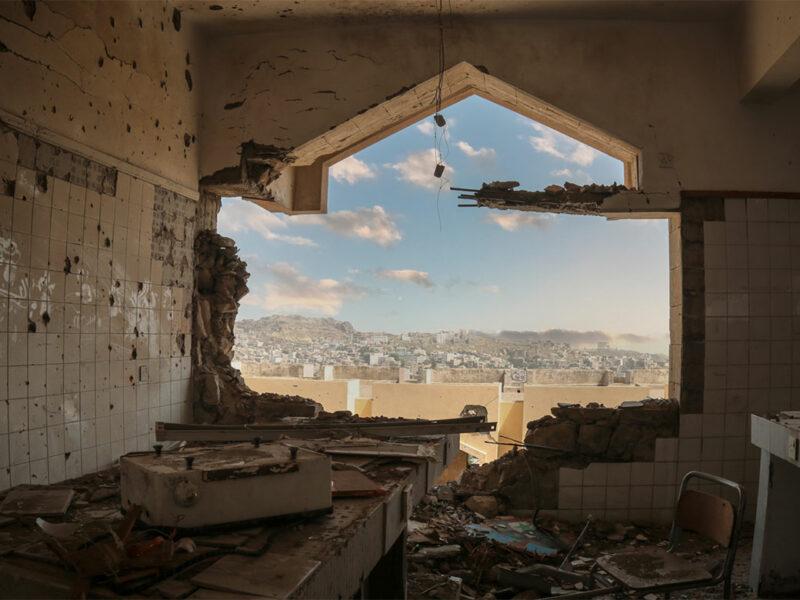Teaming up for peace – the importance of strong mission leadership teams
Successful international peace operations call for strong and collaborative mission leadership teams, which are fully drawing on the benefits of diversity – including cultural, gender and geographic diversity.
Peace operations today are called on to tackle complex challenges. The conflicts are often complicated and the settings often unpredictable, at times even dangerous. In the same way, the solutions are rarely one-dimensional but require a multidimensional and comprehensive approach. At the same time, financial constraints are putting pressure on operations to become lean and mean – producing real and timely results.
This context accentuates the importance of efficient and effective leadership. The breadth of tasks and responsibilities, however, means that it is unrealistic to expect one single person to meet all the demands and expectations of mission leadership. Instead, a well-functioning senior mission leadership team is key for a peace operation to perform at its best. This is recognized also by the UN, which is looking at different ways to encourage strong teams to spearhead its missions.
Challenges to forming strong mission leadership teams in UN peace operations include the rotation of staff. The leadership teams change regularly and the Head of Mission has little, if any, influence in shaping her or his team. In addition, while the organisation is doing its best to ensure complementarity when filling vacant positions, political considerations need to be taken into consideration when selecting top positions.
Another aspect is the rich cultural diversity, which is a unique characteristic of UN operations. With some 125 Member States contributing to UN peace operations, they are made up of a myriad of different national cultures but also professional cultures – comprising civilian, police and military personnel. In the same way, the mission leadership team will include different nationalities and professional backgrounds.
While research has repeatedly shown that diversity in terms of thinking will likely result in more innovative and creative teams, ironically, that same diversity can also act as a hindrance to collaboration. Different backgrounds, expectations, ways of communicating and standard operational procedures can undermine the sharing of knowledge. There are ways, however, to encourage cross-fertilisation in a diverse team. Conflict resolution skills, true communication, creating a sense of unity, and clearly defined roles are some of the things that can support well-functioning teams. In addition, creating an environment where diverse thinking is encouraged can be beneficial. When team members are aware of their own strengths and weaknesses as well as how they are perceived by others, it can further foster an environment of trust and collaboration. In the same way, research has shown that awareness of one’s own and others’ cultural assumptions can promote collaboration in a multi-cultural setting, as can affect-based trust, developed for example by team members sharing personal experiences.
One of the factors currently undermining leadership of UN peace missions, however, is insufficient diversity with regard to gender and geographic representation among senior mission leaders. A month ago, FBA arranged a one-week course on UN peace operations for the Senior Women Talent Pipeline as a way to support improved diversity. The Senior Women Talent Pipeline is a UN initiative to increase the number of women in senior civilian positions in the field, and the course objectives were to increase the participants’ chances of acquiring such positions and enable them to better perform their duties once in senior field positions. The course also aimed at encouraging the formation of a network of women interested in and eligible for senior positions within UN field missions.
Listening to and discussing with the group of women, who came from all parts of the world and represented an impressive range of experience and expertise from a variety of sectors – private as well as non-governmental, governmental and international – was not only truly inspirational. The exchanges and dynamics also highlighted what excellence teams can produce when diverse views and perspectives are allowed to flourish.
av Kristina Zetterlund

